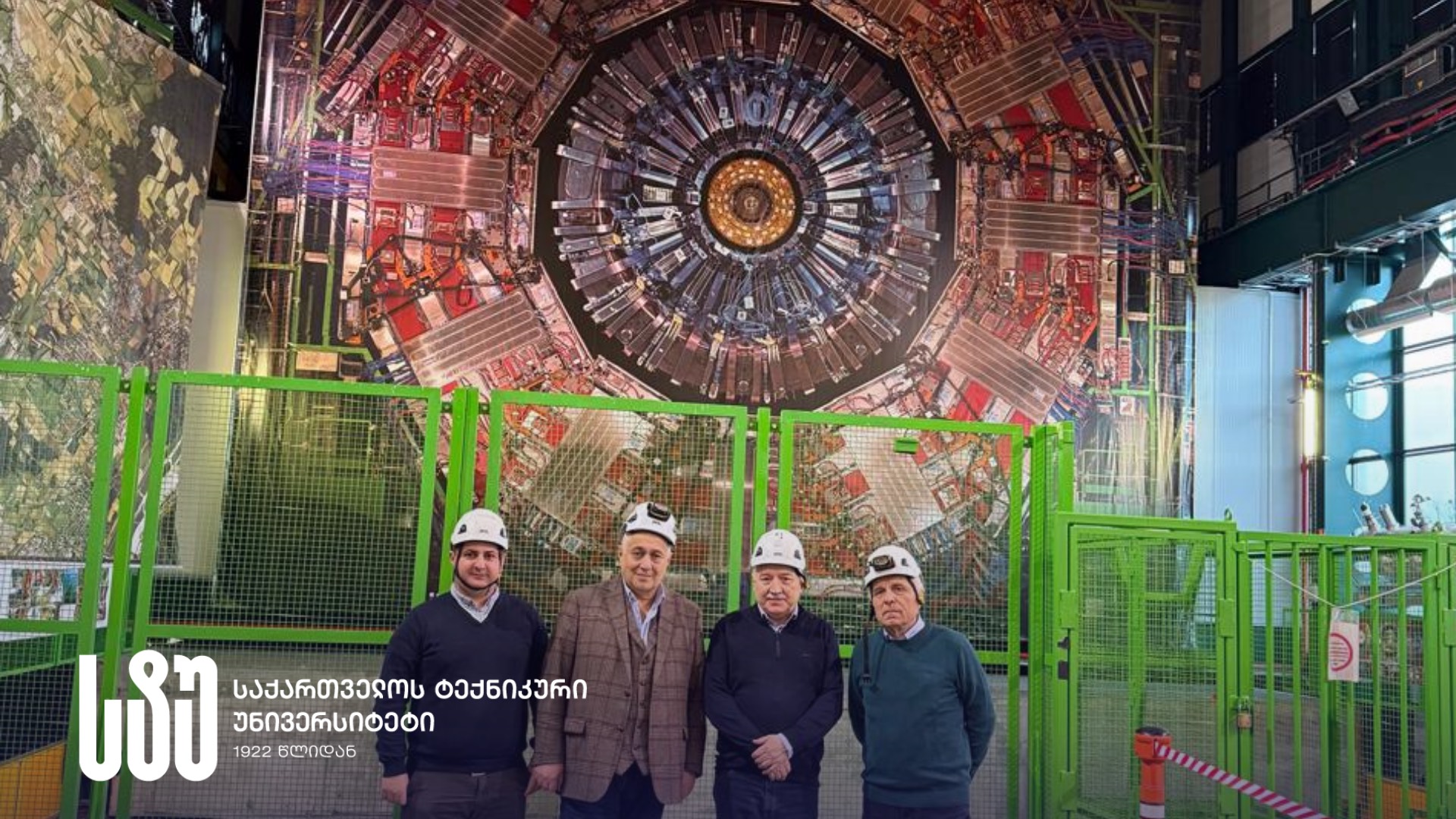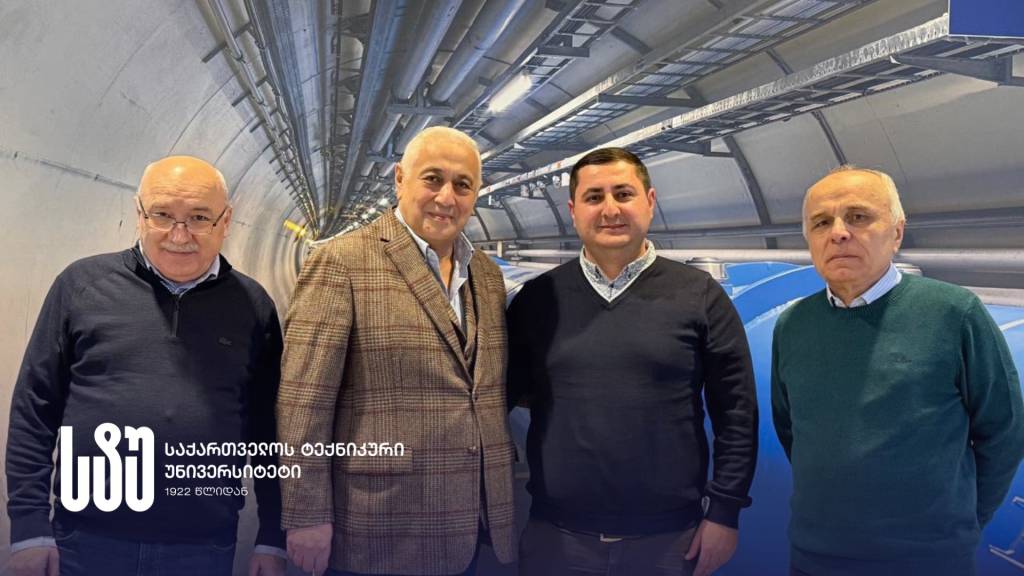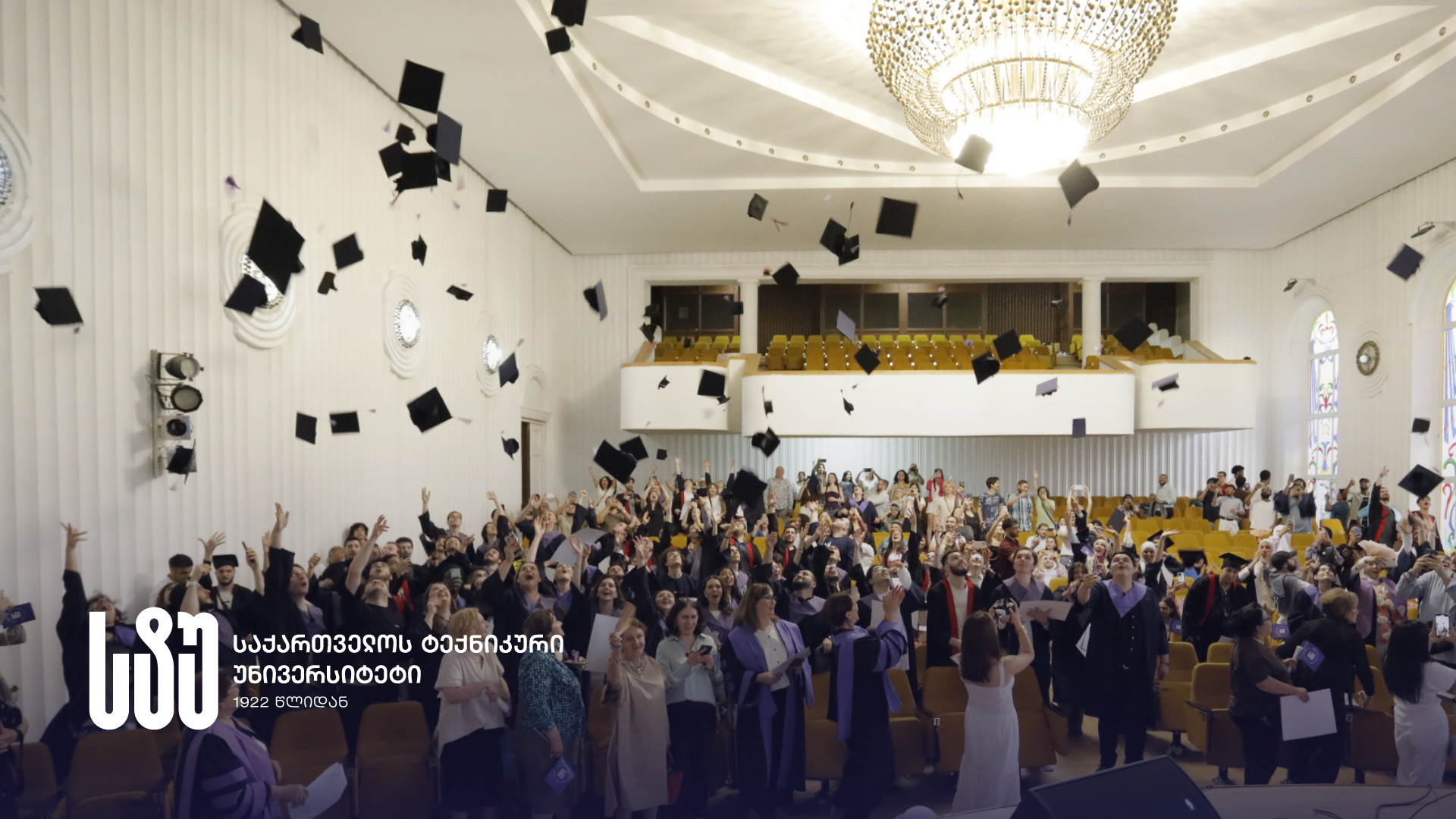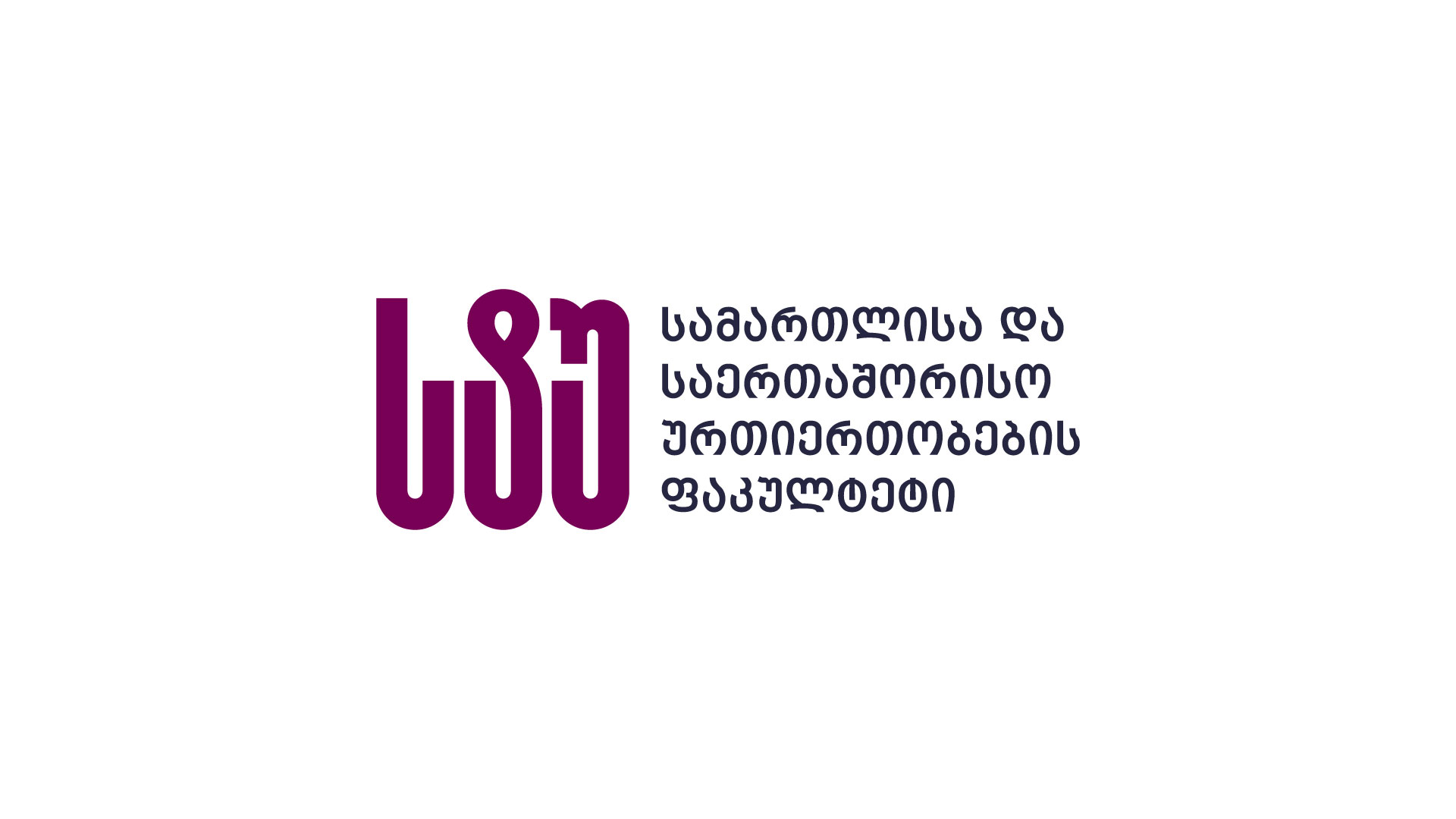GTU Rector Is on a Working Visit to the European Organization for Nuclear Research (CERN) in Geneva
24-02-2025
The Rector of the Georgian Technical University, an Associate Member of CERN, Academician David Gurgenidze, the Director of the GTU Institute of Quantum Physics and Engineering Technologies, the representative of the Georgian government at CERN, as well as the Team Leader of the Georgian group at the CMS experiment, Zviad Tsamalaidze, are on a working visit to the European Organization for Nuclear Research in Geneva, within the framework of the Memorandum of Cooperation between the Georgian Technical University and the European Organization for Nuclear Research (CERN).
During the visit, Academician David Gurgenidze firsthand got acquainted with the processes of manufacturing, testing, and integration of detector components, and assessed the quality and reliability of their performance.
In addition, the Georgian Technical University Rector consulted with Georgian scientists involved in the CERN CMS experiment on key aspects of detector engineering, optimization strategies, and planning future research directions.
According to the GTU Rector, within the framework of the Memorandum of Cooperation, signed last year between the Georgian Technical University and the European Organization for Nuclear Research (CERN), important steps have been taken towards deeper integration of Georgian scientists into global research processes.

“Scientists from the Georgian Technical University are actively participating in CERN’s advanced experimental physics projects, especially in the RPC and HGCAL groups of the CMS muon system. This year, they achieved significant success – the creation of 80 state-of-the-art iRPC cameras and the new generation electronics required for them was completed, which was an important part of the CMS experiment modernization program. The final testing of these cameras is underway at the Cosmic Muon Facility, which was built in CERN’s 904 laboratory by Georgian physicists Yuri Baghaturia and Irakli Lomidze.
Our scientists play an important role in developing detector technologies, data analysis, and simulation studies, which contribute to refining particle detection methods. Their involvement in large-scale CERN experiments strengthens the university’s position in the global scientific community and creates additional opportunities for knowledge exchange, high-tech training, and student involvement in advanced physics research. Our working visit further confirms the growing scientific cooperation between the Georgian Technical University and CERN, emphasizes Georgia’s contribution to nuclear and high-energy physics, and ensures the continued participation of Georgian scientists in the most modern research in fundamental science. I wish success to Georgian scientists,” says David Gurgenidze.
The European Organization for Nuclear Research highly appreciates the work of the Georgian Technical University group of scientists, engineers, and students in the largest CMS experiment currently underway at the Large Hadron Collider and highly appreciates the active support of the Georgian Technical University and its Rector, Academician David Gurgenidze, in the CMS collaboration. In 2024, the Rector of the Georgian Technical University, Academician David Gurgenidze, for his contribution to the CMS collaboration, as well as for his personal organizational and scientific achievements, became an Associate Member of the CMS experiment for deepening the relationship between Georgia and the world’s largest laboratory for elementary particles in physics, the European Organization for Nuclear Research – CERN.
It is also worth noting that CERN considers the Georgian Technical University an indispensable member of the collaboration and, accordingly, allows the GTU rector and a group of scientists to be involved not only in the large-scale phase of the CMS experiment HL-LHC but also in the implementation of the physics program of the Future Cyclic Collider (FCC).
In addition, scientists from the Georgian Technical University will participate in the implementation of the physics program of the Future Cyclic Collider, FCC, which will begin immediately after the completion of the physics program of the Large Hadron Collider, LHC.
Scientific research is carried out for the FCC collaboration, both in the direction of the accelerator and the latest type of detectors. GTU scientists and engineers are actively involved in this work, working on the creation of the FCC program’s Technical Design Report - TDR.
During the visit, Academician David Gurgenidze firsthand got acquainted with the processes of manufacturing, testing, and integration of detector components, and assessed the quality and reliability of their performance.
In addition, the Georgian Technical University Rector consulted with Georgian scientists involved in the CERN CMS experiment on key aspects of detector engineering, optimization strategies, and planning future research directions.
According to the GTU Rector, within the framework of the Memorandum of Cooperation, signed last year between the Georgian Technical University and the European Organization for Nuclear Research (CERN), important steps have been taken towards deeper integration of Georgian scientists into global research processes.

“Scientists from the Georgian Technical University are actively participating in CERN’s advanced experimental physics projects, especially in the RPC and HGCAL groups of the CMS muon system. This year, they achieved significant success – the creation of 80 state-of-the-art iRPC cameras and the new generation electronics required for them was completed, which was an important part of the CMS experiment modernization program. The final testing of these cameras is underway at the Cosmic Muon Facility, which was built in CERN’s 904 laboratory by Georgian physicists Yuri Baghaturia and Irakli Lomidze.
Our scientists play an important role in developing detector technologies, data analysis, and simulation studies, which contribute to refining particle detection methods. Their involvement in large-scale CERN experiments strengthens the university’s position in the global scientific community and creates additional opportunities for knowledge exchange, high-tech training, and student involvement in advanced physics research. Our working visit further confirms the growing scientific cooperation between the Georgian Technical University and CERN, emphasizes Georgia’s contribution to nuclear and high-energy physics, and ensures the continued participation of Georgian scientists in the most modern research in fundamental science. I wish success to Georgian scientists,” says David Gurgenidze.
The European Organization for Nuclear Research highly appreciates the work of the Georgian Technical University group of scientists, engineers, and students in the largest CMS experiment currently underway at the Large Hadron Collider and highly appreciates the active support of the Georgian Technical University and its Rector, Academician David Gurgenidze, in the CMS collaboration. In 2024, the Rector of the Georgian Technical University, Academician David Gurgenidze, for his contribution to the CMS collaboration, as well as for his personal organizational and scientific achievements, became an Associate Member of the CMS experiment for deepening the relationship between Georgia and the world’s largest laboratory for elementary particles in physics, the European Organization for Nuclear Research – CERN.
It is also worth noting that CERN considers the Georgian Technical University an indispensable member of the collaboration and, accordingly, allows the GTU rector and a group of scientists to be involved not only in the large-scale phase of the CMS experiment HL-LHC but also in the implementation of the physics program of the Future Cyclic Collider (FCC).
In addition, scientists from the Georgian Technical University will participate in the implementation of the physics program of the Future Cyclic Collider, FCC, which will begin immediately after the completion of the physics program of the Large Hadron Collider, LHC.
Scientific research is carried out for the FCC collaboration, both in the direction of the accelerator and the latest type of detectors. GTU scientists and engineers are actively involved in this work, working on the creation of the FCC program’s Technical Design Report - TDR.


